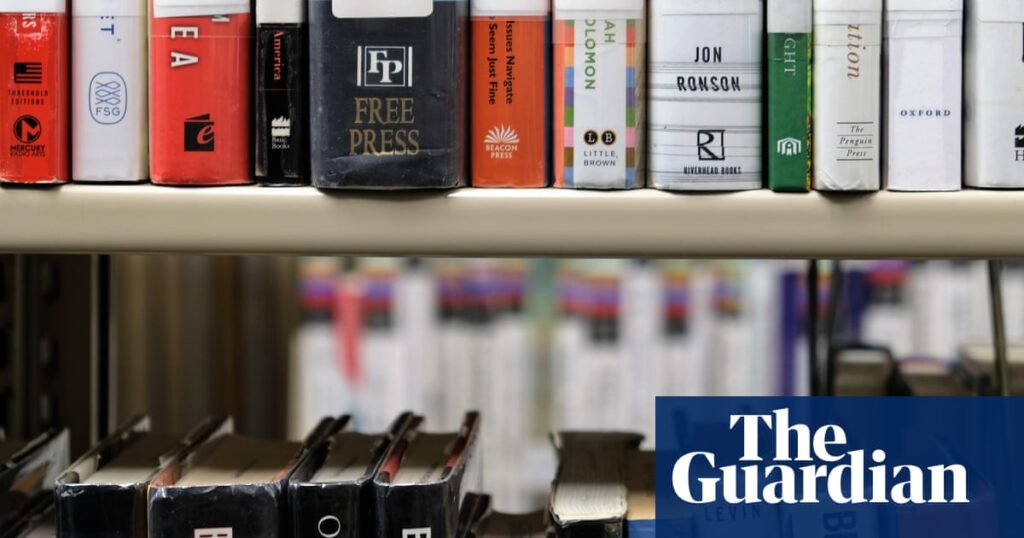Anti-censorship advocates have joined book publisher Penguin Random House in condemning a Texas county that reclassified as fiction an account of the colonization of Native Americans by European settlers.
The unrest in Montgomery County, near Houston, followed a decision by a citizen review board to place Linda Coombs’ “Colonization and Wampanoag Tales” in the fiction section of a children’s library at the request of right-wing activists. .
PEN America, a nonprofit organization promoting literary freedom of expression, says the book aims to present young readers with a historical perspective from the perspective of the indigenous people of colonial New England.
The story was published in September 2023 as one of five titles in Penguin Random House’s Race to Truth series of similarly themed stories for middle grades. Other books include “Slavery and the African American Story” by Patricia Williams Dockery and “This Land” by Ashley Fairbanks.
“To claim that this book is fiction is to deny our perspective and our history,” Debbie Reese, founder of American Indians in Children’s Literature, said in a statement.
“Books like Colonization and Wampanoag Stories are important for Native children because they affirm our existence as Native peoples in modern times. But they are important for non-Native children. Because those children are shaped by the information in books. The more informed we all are about history, the better off this country will be.”
The Houston Public Library, Austin Public Library, Fort Worth Public Library and Library of Congress all recognize the work as a nonfiction work, according to the San Antonio Current.
The decision to reclassify the book was made without input from librarians, Current reported. It sparked outrage when the Resident Review Board approved the reclassification in September after a challenge by residents of the East Texas county.
Following a national trend, Montgomery officials bowed to pressure from conservatives and created a mechanism to ban books that some citizens find offensive.
The Texas Freedom to Read Project said the commission was originally intended to give authorities the power to evaluate books deemed to be “sexually explicit,” but has expanded its scope. The project has filed a Freedom of Information request to find out which books have been challenged.
“As Texas parents, we oppose the Citizen Review Board’s action to reclassify nonfiction books as fiction,” said group co-founder Ann Russey.
“If this decision stands, elected officials and their politically appointed representatives will reclassify other nonfiction books that contain viewpoints, facts, or ideas they don’t like or disagree with. What’s stopping you from doing that?”
Get the most important US headlines and highlights sent straight to your email every morning
Privacy Notice: Newsletters may include information about charities, online advertising, and content sponsored by external parties. Please see our Privacy Policy for more information. We use Google reCaptcha to protect our website and are subject to the Google Privacy Policy and Terms of Service.
After newsletter promotion
Separately, a group called the People’s Justice Movement launched a petition asking commissioners to restore the book to its “rightful home in the youth nonfiction collection at the Montgomery County Memorial Public Library.” It gathered more than 34,000 signatures.
The Montgomery Commission did not immediately respond to a request for comment.
According to PEN America, Texas is the second state in the nation to ban books, with 1,567 books removed from July 2021 to December 2023. Only Florida has an even higher number of banned books, with 5,107.
Antonio Diaz, a member of the Texas Indian Council, told Current that Texas has a long history of “whitewashing” Native American history.
“It’s infuriating that a government agency would allow individuals to exercise such bigoted and biased policies, but it’s not surprising in Texas,” he said. “Racism is rampant.”
This article was amended on October 22, 2024 to clarify that the National Justice Movement, which launched the petition, is separate from the Texas Reading Freedom Project.



